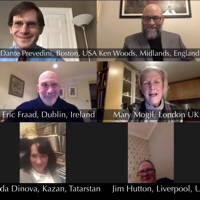- Cantaloupe Music LLC
- San Diego Symphony
- Johannes Ockeghem
- Hrachya Melikyan
- LAWO
- Max Cauthorn
- BBC National Chorus of Wales
- David Ireland
More than just a stir
LUCAS BALL listens to music by Chilcott, Mealor, Stanford and Whitacre at the 2024 Three Choirs Festival
The Three Choirs Festival is very notable for its airing of overlooked and underated works. This year has seen two items by a certain Francesco Scarlatti (yes, of the Scarlatti dynasty but hardly acknowledged as a composer in his own right). These were put together in the same concert as the frequently performed Vivaldi Gloria with the Armonico Consort under the direction of Christopher Monks.
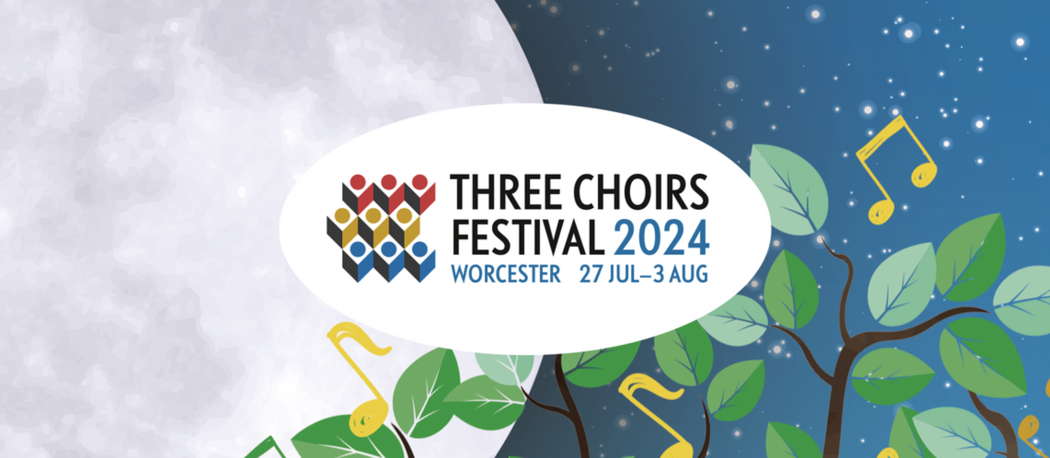
Cover art for the 2024 Three Choirs Festival. © 2024 Matt Savidge
Three Choirs is, as many will be aware, also notable for its premieres. Thursday 1 August 2024's concert devoted approximately ten minutes to a Three Choirs Festival commission premiere - Paul Mealor's Ring'd with the Azure World: Four Madrigals on Birds.
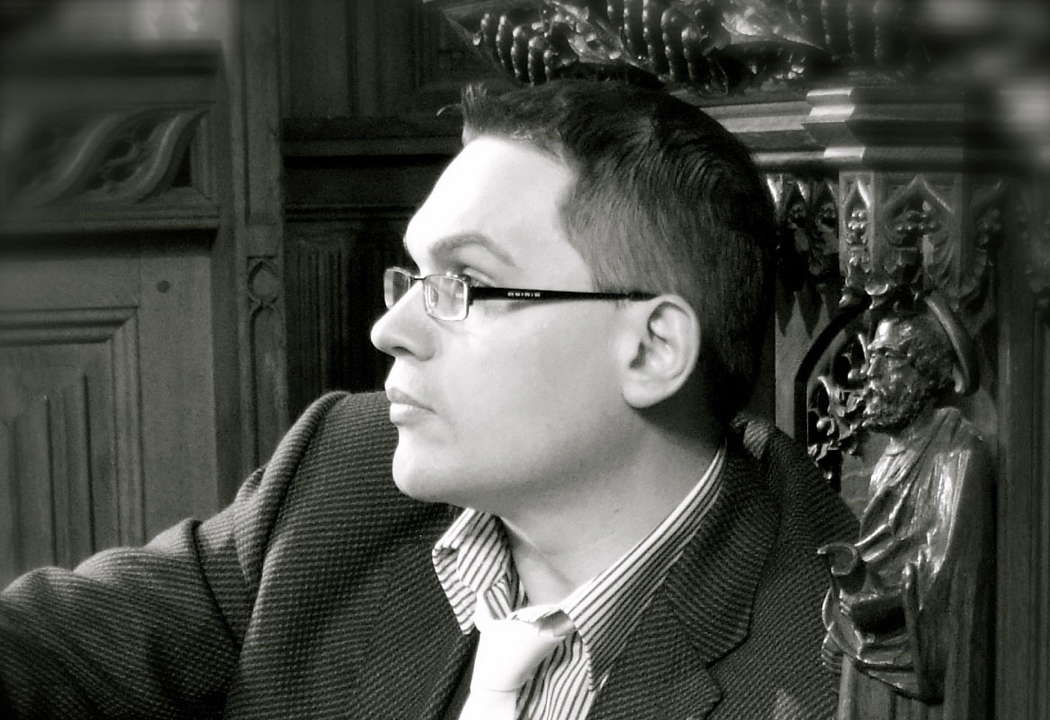
Welsh composer Paul Mealor (born 1975). Photo © 2011 Jillian Bain Christie
Because of its subject matter, this set of four madrigals fitted very well with the familiar Stanford work The Bluebird that preceded it. Ring'd with the Azure World: Four Madrigals on Birds also demonstrated the composer's imagination. Magical harmonies from the Three Cathedral Choirs supported a magical soprano voice in The Bluebird. It was a very deft idea, I thought, to have the solo voice behind the choir rather than in front or within it, as some performances of this work do.
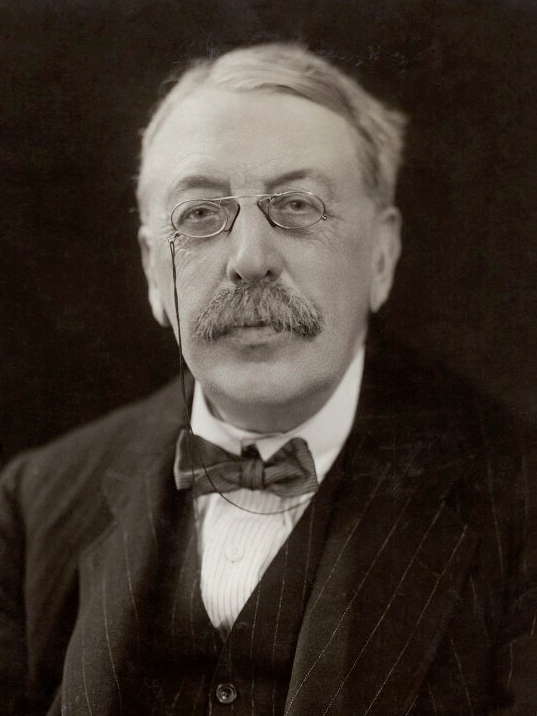
Charles Villiers Stanford (1852-1924).
Photo © 1921 Bassano Ltd
The first half also had Eric Whitacre's Lux aurumque and Three Motets by Stanford.

American composer Eric Whitacre (born 1970)
Though these are not lengthy items, conductor Samuel Hudson was able to create great suspense with the special harmonically-rich textures and shapely phrases.
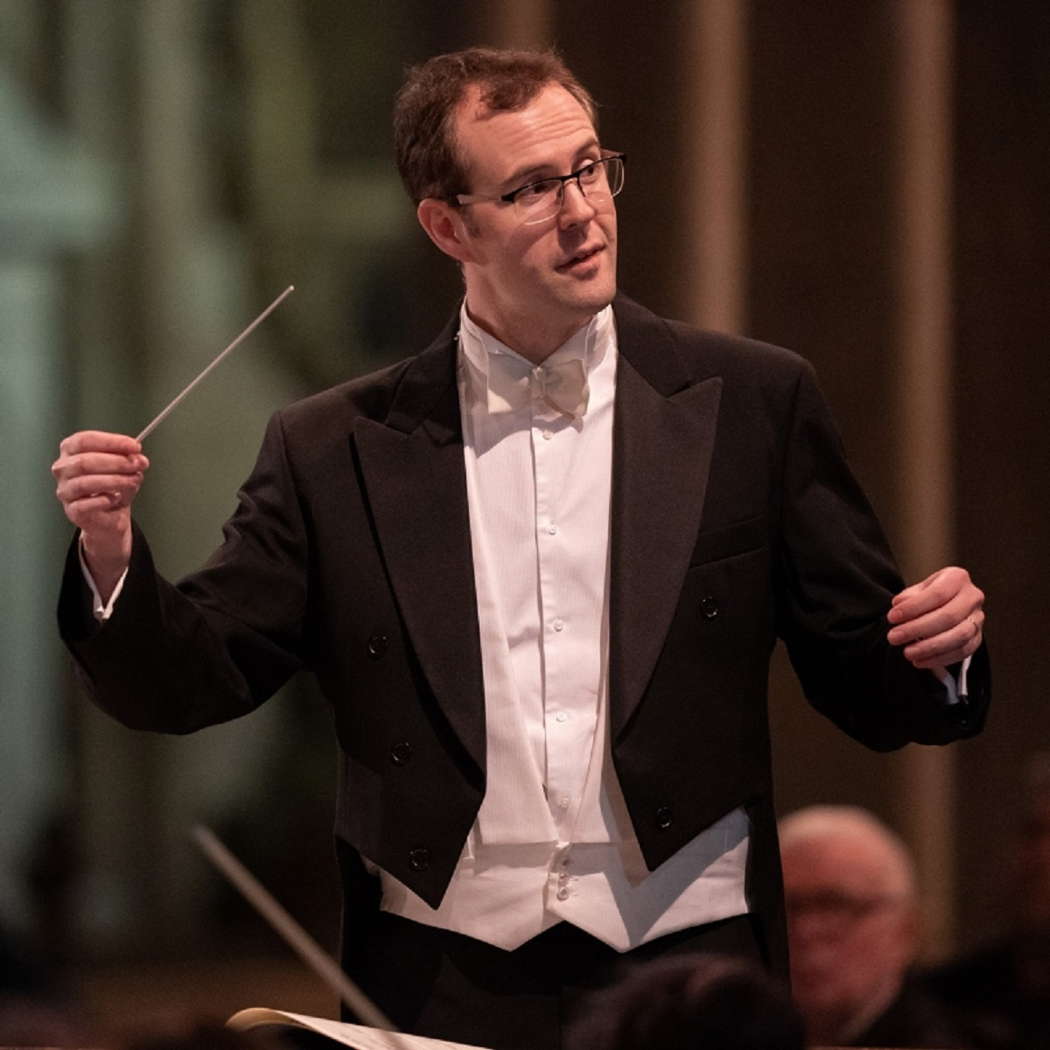
British conductor Samuel Hudson, artistic director of the 2024 Three Choirs Festival. Photo © Michael Whitefoot
Then, there is the side of the Three Choirs programmes that include works which have had an airing elsewhere. The whole of the second half of this concert was devoted to Bob Chilcott's The Angry Planet. The spoken words amid the singing are effective in this, demonstrating a range of feeling besides mere anger. Also interesting is Chilcott (in collaboration with poet Charles Bennett) appearing to create voices that work against one another. This happens in the movement 6 am (Lutra lutra). It is as though Chilcott wants to convey the struggle of existence here. Mind you, the movement Remember is more of a lament, as if Chilcott is imagining a future Planet Earth with no land on it at all. It too has suspenseful harmonies as an adept add on. When the movement 9pm came, the music was quite disturbing.

British composer Bob Chilcott (born 1955). Photo © Vicky Alhadeff
Bob Chilcott's The Angry Planet is said to have created a stir when it was first performed. The Angry Planet is more than just a stir though; it is a musical wake up call. The world needs to listen.
Copyright © 10 August 2024
Lucas Ball,
Worcestershire UK




